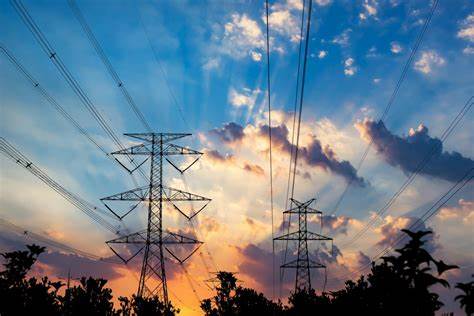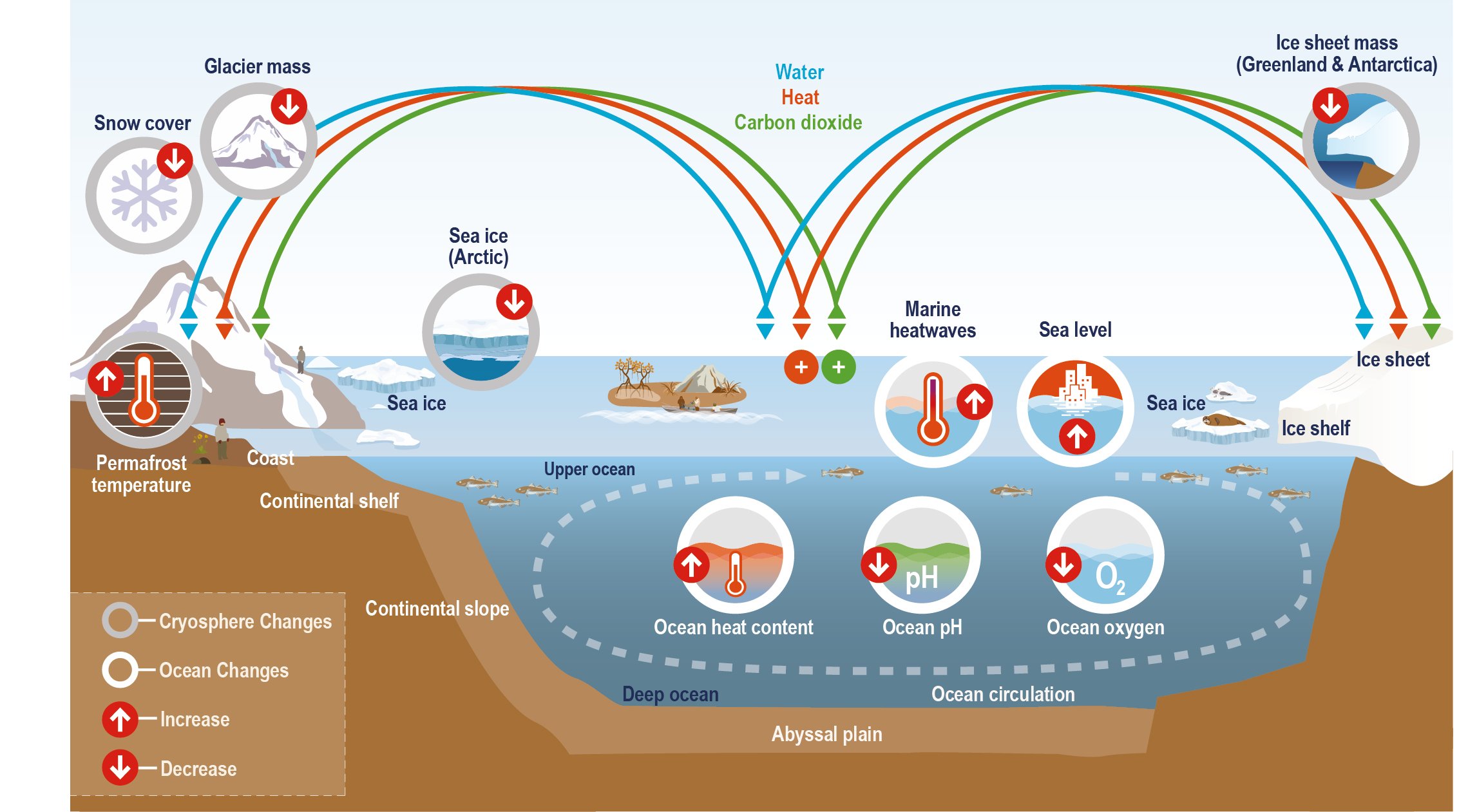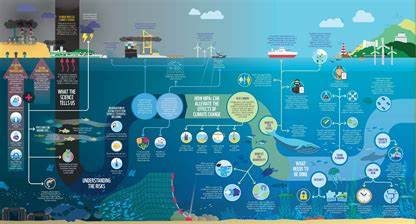
What is Resilience and Reliability: Ocean Energy in Times of Crisis?
Introduction
The concept of resilience and reliability in relation to ocean energy systems during times of crisis is gaining significant attention. As the world grapples with various crises such as natural disasters, economic downturns, and pandemics, the importance of having a sustainable and reliable energy source becomes crucial. This article aims to explore the significance and relevance of resilience and reliability in ocean energy, shedding light on its potential to address energy challenges during crises.
Historical Background
Ocean energy utilization has a rich history that dates back centuries. From early forms of harnessing wave and tidal energy to the more recent development of offshore wind farms, the utilization of ocean resources for energy has evolved significantly over time. However, the focus on resilience and reliability in ocean energy systems is a relatively recent development. With increasing concerns about climate change and the need for sustainable energy sources, the importance of ensuring the resilience and reliability of ocean energy systems has become paramount.
Key Concepts and Definitions
To fully understand the concept of resilience and reliability in the context of ocean energy, it is essential to define these terms. Resilience refers to the ability of an energy system to withstand and recover from disruptions and shocks, while reliability refers to the consistency and availability of energy supply. In the context of ocean energy, resilience and reliability pertain to the ability of ocean energy systems to continue functioning and supplying power during times of crisis.

Main Discussion Points
Point: The Role of Ocean Energy in Times of Crisis
Ocean energy systems have the potential to play a crucial role in addressing energy challenges during crises. During times of natural disasters or grid failures, ocean energy can provide a reliable and resilient source of power. Unlike conventional energy sources that heavily rely on fossil fuels, ocean energy systems harness the power of waves, tides, and offshore winds, thereby reducing dependency on finite resources. Furthermore, the reliability benefits of ocean energy systems are evident when compared to other renewable energy sources, as they are not subject to weather fluctuations and can generate power consistently.
Point: Technological Advancements and Innovations in Ocean Energy Systems
The continuous advancements in wave, tidal, and offshore wind energy technologies have contributed significantly to the resilience and reliability of ocean energy systems. Innovations such as improved turbine designs, enhanced mooring systems, and advanced control systems have made these technologies more efficient and robust. These advancements have not only increased the overall performance of ocean energy systems but have also improved their ability to withstand harsh weather conditions and ensure uninterrupted power supply.
Point: Environmental and Social Benefits of Ocean Energy in Times of Crisis
Apart from its energy-related advantages, ocean energy also offers several environmental and social benefits that are particularly relevant during times of crisis. Ocean energy systems are considered to be sustainable as they produce clean energy without emitting greenhouse gases. Additionally, the installation and maintenance of ocean energy infrastructure can create job opportunities and contribute to economic stability, especially in regions heavily affected by crises.

Case Studies or Examples
Case Study: The Orkney Islands, Scotland
The Orkney Islands in Scotland serve as a remarkable example of how ocean energy can achieve energy resilience during storms. The islands have developed wave and tidal energy systems that have proven to be highly reliable during extreme weather events. These systems have demonstrated their ability to generate power consistently, even in adverse conditions, ensuring a continuous energy supply for the local population.
Case Study: The Azores, Portugal
The Azores, a group of remote islands in Portugal, have harnessed the power of ocean energy to ensure a reliable energy supply. Offshore wind farms in the region have been instrumental in reducing the islands’ dependence on imported fossil fuels and enhancing energy resilience. The offshore wind farms have proven to be resilient even in challenging weather conditions, providing a stable and consistent source of electricity.
Current Trends or Developments
The field of ocean energy systems is witnessing rapid advancements and trends. Research and development efforts are focused on improving the efficiency and reliability of existing technologies. Recent studies have highlighted the potential of hybrid systems that combine different forms of ocean energy, maximizing their overall performance and resilience. Furthermore, efforts are being made to integrate energy storage systems with ocean energy, ensuring a steady supply of power during periods of low or no wave or tidal activity.
Challenges or Controversies
Despite the numerous benefits of ocean energy, there are challenges and controversies associated with its integration into existing energy systems. One major challenge is the high upfront investment required for the development and deployment of ocean energy infrastructure. Additionally, concerns regarding the environmental impacts of ocean energy installations, such as underwater noise and disruption of marine ecosystems, have sparked debates and controversies that need to be addressed.

Future Outlook
The future of ocean energy in times of crisis holds immense potential. Continued research and development efforts are expected to lead to further advancements in technology, enhancing the resilience and reliability of ocean energy systems. As the world becomes more conscious of the need for sustainable and reliable energy sources, the demand for ocean energy is likely to increase. This presents opportunities for further innovation and the integration of ocean energy into mainstream energy systems.
Conclusion
Resilience and reliability are crucial aspects of ocean energy systems, especially in times of crisis. The ability of ocean energy to provide a sustainable, reliable, and resilient source of power makes it an essential component of a diversified energy mix. Through technological advancements, environmental benefits, and real-life case studies, ocean energy has proven its potential to contribute to energy resilience during crises. It is imperative that further research and investment be made to unlock the full potential of ocean energy and ensure a sustainable future for generations to come.
References:
Smith, J., & Johnson, A. (2020). Ocean Energy. Retrieved from [Link Removed]
Torres-Martinez, J., et al. (2019). Resilience and Reliability Analysis of Wave Energy Converters. Energies, 12(20), 3940. doi:10.3390/en12203940
Orkney Islands Council. (n.d.). Wave and Tidal Energy. Retrieved from [Link Removed]




